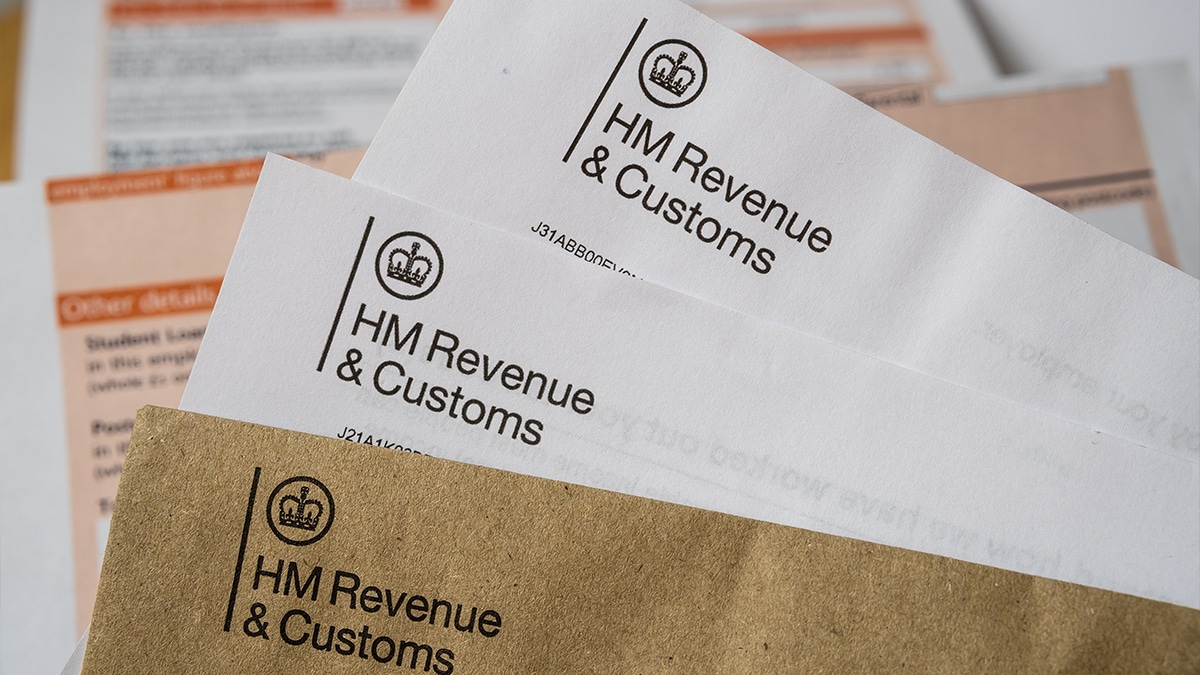P11D reporting is changing: Here’s what businesses must do
Date
August 25, 2025Author
Mukund Amin
When running a business, paperwork is the last thing you want to deal with. Between hiring staff, managing clients, and trying to grow, forms like the P11D can feel like just another admin headache. Understanding what this form is and the significant changes coming soon can save you time, money, and potential penalties.
Whether you’re an employer giving out perks like company cars or private health insurance, or an employee wondering why your tax code suddenly changed, the P11D plays a role in your tax life. And with HMRC planning a major shift in how benefits are reported, now’s the time to get familiar with what’s happening.
Let’s break it all down — clearly, simply, and without the jargon.
What is a P11D?
A P11D is a form that employers in the UK use to tell HMRC about extra benefits they’ve given to employees or directors — things that aren’t part of their usual salary.
These benefits are called “benefits in kind”, and they can include:
- A company car
- Private health insurance
- Season ticket or travel loans
- Interest-free or low-interest loans
- Living accommodation
- Credit cards that are paid by the business
- Gym memberships
Even though these are not paid in cash, they have a value and still count as taxable income. HMRC needs to know about them so they can adjust the employee’s tax code and collect the right amount of tax.
There’s also another form called the P11D(b). This tells HMRC how much Class 1A National Insurance the employer has to pay on all the benefits given out.
Who needs to file it?
You need to file a P11D if:
- You’re an employer
- You gave any of your employees or directors benefits in kind during the tax year
- You didn’t include these benefits in payroll
Each employee who gets benefits will need their own P11D form.
You also need to file a P11D(b) form if:
- You’ve filed any P11D forms
- Or you’ve paid payroll benefits and need to pay Class 1A National Insurance
Important Dates:
- 6 July – Deadline to send the forms to HMRC
- 22 July – Deadline to pay the Class 1A NI (if paying online)
If you miss the deadline, HMRC may charge you a penalty. It’s best to stay on top of it and avoid fines.
What happens if you don’t?
HMRC doesn’t take kindly to late or incorrect P11Ds. If you miss the deadline, you could be fined £100 per 50 employees for every month the forms are late. Errors can also lead to extra penalties, especially if HMRC thinks they were deliberate.
And while the P11D process might seem outdated, that’s exactly why it’s changing.
What’s changing?
HMRC is working toward getting rid of the P11D form altogether — well, at least for most benefits. Instead, they want all benefits in kind to be reported in real-time through payroll.
This change was initially planned for April 2026, but it’s now been delayed to April 2027. From that date:
- Employers will need to include taxable benefits directly in the payroll system each month.
- These benefits will be taxed just like salary — no more waiting until year-end to report them.
- Class 1A National Insurance contributions will also be calculated and paid through regular payroll processes.
This means the annual task of filing P11Ds and P11D(b)s will become largely unnecessary, saving time, reducing errors, and making tax much simpler for everyone.
What stays the same (for now)?
From April 2027, most employee benefits will be reported through payroll. That means for most businesses, P11D forms won’t be needed anymore.
But there are two exceptions:
- Accommodation given to employees
- Loans with no or low interest
These two benefits won’t be added to payroll automatically. So, if you give them to your staff, you’ll still need to fill out a P11D form — unless you choose to add them to your payroll yourself.
- From April 2027, you’ll be allowed to voluntarily include these in payroll, so you don’t have to submit a P11D.
- HMRC will open sign-ups for this in November 2026.
There are also a few rare benefits (like tax award schemes or benefits from a third party) that haven’t been fully explained yet. HMRC will share more details on those soon.
Subscribe to the Affinity Associates blog
We’ll only use your email ID to send you blog updates.
See our privacy policy.
Why is HMRC making this change?
Like most modern reforms, it comes down to efficiency and accuracy.
Right now, HMRC receives information about employee benefits after the tax year has ended. That means tax codes need to be adjusted later, which can lead to backdated bills, confusion, or incorrect tax deductions.
By moving to real-time reporting through payroll:
- Employees pay the right tax immediately, reducing nasty surprises.
- Employers avoid a rush to submit forms after the year ends.
- HMRC receives more up-to-date data and fewer corrections.
It’s a win-win — but only if businesses are ready for the shift.
What should employers do now?
Even though the mandatory change doesn’t come in until April 2027, there are smart ways you can follow now to stay ahead of the curve.
1. Consider voluntary payrolling early
You don’t have to wait until 2027. Right now, you can already choose to “payroll” most benefits by registering with HMRC at the start of the tax year. This lets you trial the new system in your own time and smooth out any issues before the deadline hits.
2. Review your payroll software
Not all systems are set up for benefit-in-kind reporting. Check with your payroll provider to see whether your software supports real-time BIK entries — and if not, what updates are coming.
3. Train your payroll and HR teams
This isn’t just an IT issue. Your team needs to know how to identify, record, and report benefits correctly. Build in some training time before 2027 so everyone’s on the same page.
4. Prepare your employees
Employees will notice changes to their payslips and tax codes. Help them understand what’s changing and why, so they’re not confused by new deductions or figures.
Conclusion
Tax and compliance aren’t the most exciting parts of running a business, but they’re essential. And when changes like this come along, the earlier you prepare yourself, the smoother the transition will be.
The P11D form may soon be a thing of the past for many businesses, but its core purpose — transparency and fairness in taxing employee perks — is still vital. By embracing the new system early, you give your business a chance to adapt without stress.
And if you ever feel overwhelmed by the jargon or deadlines, just remember: it’s all about making tax easier in the long run, for you and your team.
If you’d like expert guidance, don’t hesitate to contact us.

Author
Mukund is a founding member of the Affinity Associates Group and has been with the practice for nearly 40 years. After completing his degree in Accounting and Finance, he went on to qualify with both ACCA and ICAEW in 1991. Over the years, he’s built deep expertise in consultancy, tax, business development, and corporate group structures. Mukund is known for helping clients make sense of complex financial challenges and turning them into opportunities for sustainable growth.



